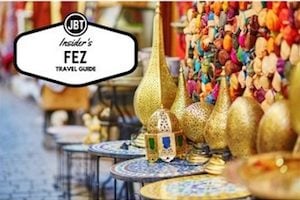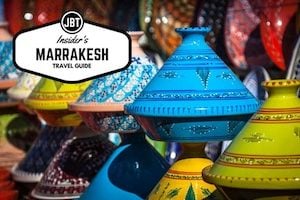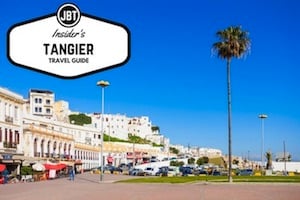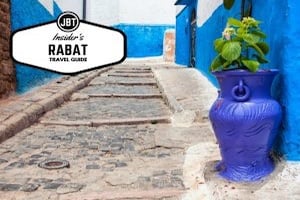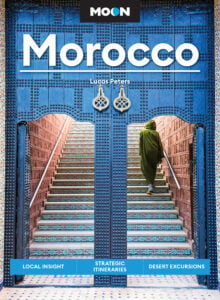When my family moved into a rammed-earth house in the Atlas Mountains of Morocco, the majestic beauty of our host valley was overwhelming. In time it remained awe inspiring, but was sometimes shadowed by the immensely different lifestyle I experienced while living there. Two years into our stay I finally grasped some cultural etiquettes, while others remain elusive – maybe even to the Moroccans who practice them because that’s just the way it is.
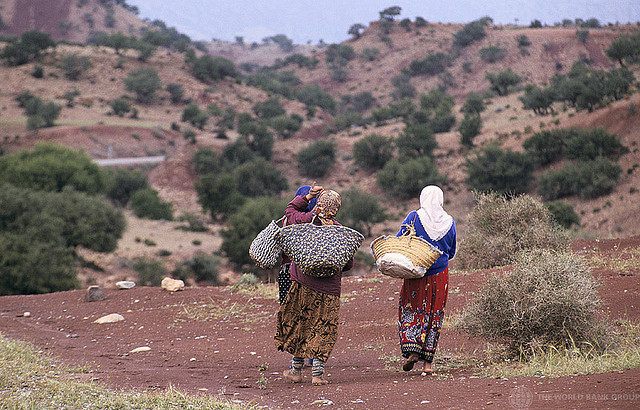
Dress
You may see plenty of advice to “dress modestly” when traveling in Morocco, but this etiquette should especially be considered when going into rural areas. While it’s true some villagers may be put off by abnormal-to-them displays of skin, like anywhere this will fluctuate from person to person, but indeed you will catch more stares with more skin exposed. Even if you wear the traditional garb of the region, your gait, language or something else will reveal your differences and put you in the spotlight.
For my family, we found another reason to cover ankle to wrist, for both males and females of all ages. The environments in rural Morocco, such as the High Atlas Mountains and when touring the Sahara regions, can be particularly harsh on people’s skin. In our village even local young children didn’t wear shorts and seldom wore short sleeves. The combination of wind, dust and sun was brutal on any exposed skin. Long pants also provide just a little more protection in the event of falling on one of the many unpaved paths you may encounter. Along these paths you may also stumble upon the tragic remnants of abandoned shoes that fell apart in a most untimely way – good quality walking shoes are essential if you plan to be in rural Morocco. Likewise, if you are using a bike, plenty of rubber patches are essential.
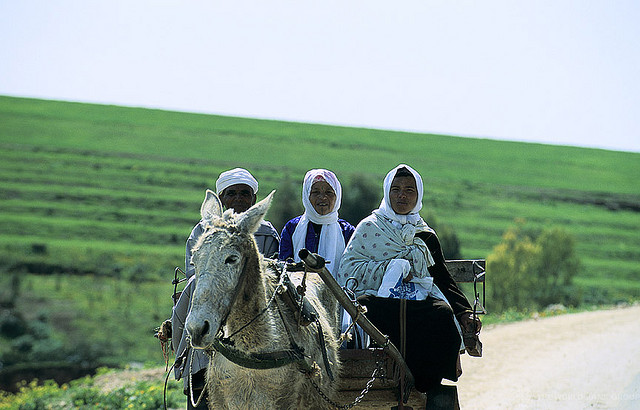
While some tourists may bristle at young girls wearing the Islamic headscarf, their use of it isn’t unlike the popular tourists’ images of men in the desert who also wear head covers. Scarves are a practical matter, keeping long hair cleaner and untangled, while also keeping the sun off the delicate scalp. A scarf or wide brimmed hat may keep you a few degrees cooler and less in a rush to hit the shower the second you get back to your accommodations.
Gender interactions
Aside from the Instagramming perfect scenery, the next most attention grabbing thing in rural Morocco may be encounters with genders – or actually the lack of frequent encounters with women. There is a lot of speculation from visitors as to why this happens; I have read accounts of tourists shopping in souks being surprised not to see a single woman selling or shopping. Another common observance is female tourists feeling that they are being “treated as an honorary male” when eating and sitting with only the males of a family while the women are sequestered elsewhere in the house. In time I came to realize a few things about these two situations.
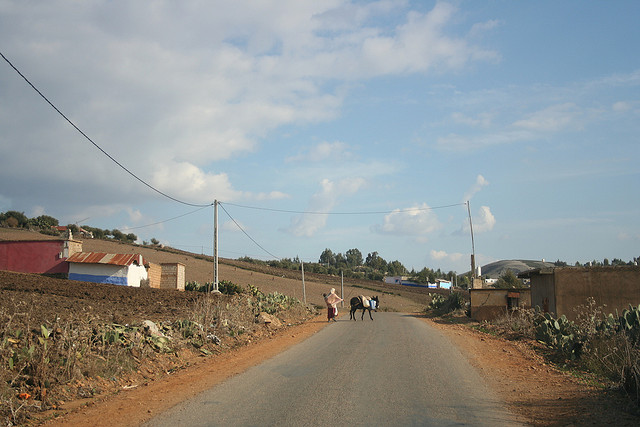
Chores in the countryside are more rigidly gendered than they may be in cities. You are just as unlikely to see women shoveling manure and turning the soil in the fields as you are to see them shopping in some very rural souks. Going to shop in Moroccan souks can be quite stressful with all the haggling and vying for the very best of products, which Moroccans are fastidious to acquire for this gastronomical cooking. In the countryside shopping can be very labor intensive, with the buyers needing to lug many kilos from the once-a-week souk across villages all the way home. There may also be an element of women not handling familial money or finances. It is important to consider the enormously high rates of illiteracy in the countryside, which are disportionately placed on women. When I did shop with my female neighbors they were often a bit slow at math as it isn’t something they need to be bothered with too often.
Education, or lack of, may be the other reason tourists just don’t have much opportunity to sit and converse with women outside of cities. Many of the men you will encounter working with tourists and travel companies in the countryside will have learned several languages for their occupation, but few women will have found a need or opportunity to work in the field of Moroccan tourism. If you get a chance to eat a meal with a local family, scoop it up! But if you don’t get to thank the chef personally as she is not to be found in the salon with the guests and guides, it’s very likely simply because of language and occupational differences.
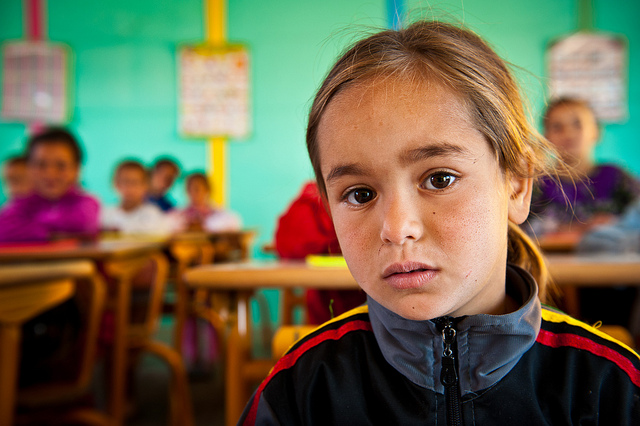
More on illiteracy
In the half dozen years I have lived in Morocco I have had to often use my tongue where I may have preferred to use my pen. I have attempted to use written directions with taxi drivers, shopping lists and even pointing out items on a menu with no success. Not everyone in Morocco reads, while some simply don’t read the Latin alphabet even though they may speak a language or write a few in it. While a little handbook of Moroccan phrases may be helpful to maneuver through the country, you are likely going to have to say the words rather than point them out, so practice repeating essential words you need- the name of the street your hotel is on, the essentials you can’t point out or grab off the shelf in the shops, or the delicacies you most want to try.
More on souks
Shop with enthusiasm! Whether visiting an area known for their wool rugs, pottery, silver-smithing or other artisan goods, while you are in the countryside you can skip the middle-men’s fees and buy direct from the artisans – or their cousin/husband/brother. You may find sellers slightly more aggressive to deal with, but take that as their eagerness to sell direct rather than losing a few dirhams that you will then be charged far more for when the local guys sell in bulk to the city retailers. You are also much less likely to find cheaper quality knock offs in rural Morocco – yep, you may encounter Made in China look-a-likes in larger Moroccan cities. If you are an especially reluctant shopper, know before you go. Check what goods the region you are visiting is known for before heading out and price similar goods in the city you are traveling from. The mark up may astound you.
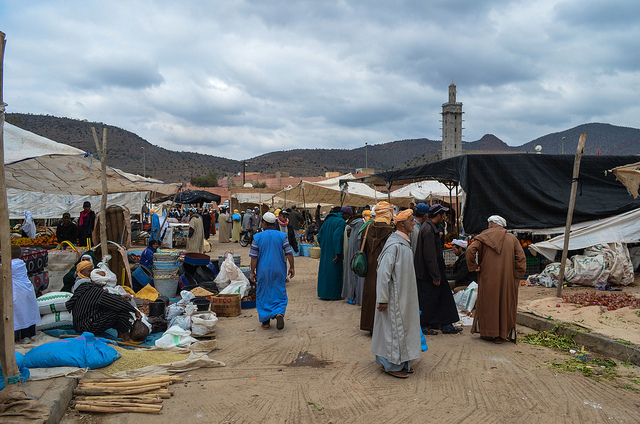
In the two years which my family lived in a little village I especially found it interesting how many villagers would easily adapt their habits and behaviors when in and out of the village, such as when they live part-time in Marrakech or Casablanca. I think it’s important to note that rural Morocco and its inhabitants are not caught in an ancient bubble as outsiders often comment, rather they are working with what has worked for them for centuries with modifications which may be elusive to eyes that are being dazzled by the exotic sites of thatched roofs, colorful scarves, woolen garments, handmade farming tools and so on. Insha Allah, as we say in Morocco, your visit will gift you with spectacular views of many new horizons.
Getting into Rural Morocco
Want to experience rural Morocco? Through our custom-made itineraries, local guides, and drivers we can help ensure you have an authentic rural Morocco experience. Contact us today to begin planning your visit!
About the Author:
Brooke Benoit is an artist and writer from San Francisco currently happy to be living back in her natural habitat of a coastal town, just outside of Casablanca, Morocco.
Photos: worldbank, moroccandesign, and jbdodane

